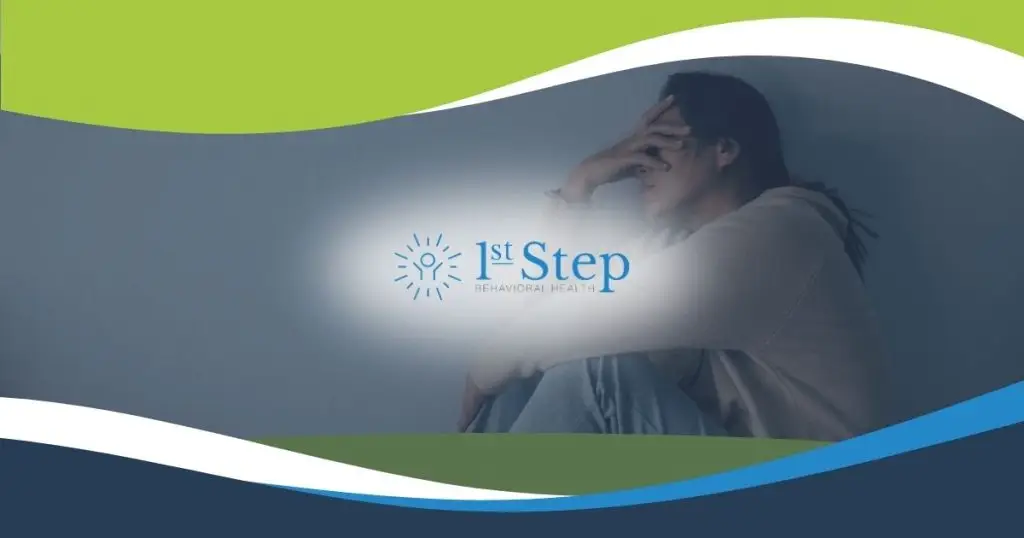Klonopin is a commonly prescribed benzodiazepine drug. People may take Klonopin to manage the symptoms of panic and anxiety disorders.
Many people believe that prescription drugs are always safe, but some have risks. One of the risks of Klonopin is abuse or addiction.
People who misuse Klonopin are at increased risk for dangerous side effects and overdose. A Klonopin overdose may be life-threatening. It’s important to understand the risk of Klonopin overdose and seek treatment as quickly as possible.
One of the most critical steps to preventing an overdose is to stop abusing Klonopin. In this article, you will learn about Klonopin abuse and how to recognize an overdose. You will also learn what to do if someone is experiencing an overdose and how to find substance abuse treatment.
Reach out to the First Step Behavioral Health specialists to learn about our programs. You may also verify your insurance or find supportive care at any stage of your addiction recovery.
What is Klonopin?
Klonopin is the brand name for a drug called clonazepam. Klonopin is a benzodiazepine. Doctors prescribe benzodiazepines like Klonopin (clonazepam) to help people reduce symptoms of panic and anxiety disorders.
Klonopin works by increasing GABA levels in the brain. GABA is a neurotransmitter that counteracts adrenaline. Adrenaline is a chemical associated with feelings of anxiety or panic.
It works by calming activity in the central nervous system (CNS).
Mental health experts believe that if you don’t have enough GABA in your brain, you may be more likely to have a panic or anxiety disorder. Taking Klonopin can increase the amount of GABA in the brain. People who take Klonopin may have fewer panic attacks or symptoms of anxiety.
Understanding Klonopin Abuse
Klonopin is a prescription medication. People who take Klonopin exactly as prescribed are less likely to abuse it.
However, some people may like the way they feel while taking Klonopin. It can make people feel calm or euphoric. These feelings can make people want to misuse it.
Klonopin misuse includes:
- Taking a higher dose than prescribed
- Taking Klonopin more often than prescribed
- Taking it for longer than prescribed
- Ingesting it differently than prescribed, such as crushing and snorting the pills
- Using Klonopin without a prescription
People who take Klonopin regularly may develop tolerance to it. Tolerance means that your body has adjusted to the amount of a drug you’ve been taking. You may need more of the drug to get the effects you want.
In time, people who misuse Klonopin may begin taking higher doses. This puts them at risk of an overdose and addiction. People may become addicted to Klonopin, even if they don’t have other risk factors for substance abuse.
Klonopin abuse is linked to long-term consequences, including:
- Increased risk for severe depression with suicidal thoughts
- Coma
- Slower reaction times
- Confusion
It’s important to seek treatment for Klonopin abuse as soon as you recognize a problem.
Symptoms of a Klonopin Overdose
People who misuse Klonopin may take higher doses than their bodies can manage. They may combine Klonopin with other substances, including alcohol. These and other dangerous behaviors can increase the risk of an overdose.
An overdose of Klonopin can be a very dangerous medical emergency. Some of the signs of a benzodiazepine overdose include:
- Extreme sedation
- Fatigue
- Cloudy thinking
- Slurred words
- Respiratory depression (slow or shallow breathing)
If a person’s breathing becomes too slow or shallow, they may not be able to get enough oxygen to the brain. They may die. If you or someone near you is experiencing a benzo overdose, call 911 right away. Wait with them until help arrives.
Treatment for Klonopin Overdose
People experiencing a Klonopin overdose must receive medical treatment in a hospital. Medical professionals will work to stabilize the person. They may assist with breathing and other functions.
After a person is stable, their medical team may give medications to counteract the effects of benzodiazepines.
How to Prevent a Klonopin Overdose
If you take prescription Klonopin, take it exactly as your doctor tells you to. Watch for signs of abuse or addiction and tell your doctor right away if you misuse it.
The best way to prevent an overdose of Klonopin is to seek treatment for Klonopin abuse. Klonopin abuse treatment includes:
- Assessments and screenings
- Individual, group, and family counseling
- Behavioral therapies
- Treatment for mental health and medical conditions
- Massage, nutrition support, mindfulness, and other holistic therapies
- Relapse prevention education
- Aftercare planning
People with Klonopin abuse and addiction may require inpatient treatment or outpatient rehab. After completing a program in a treatment center, it’s important to follow an aftercare plan to prevent a relapse.
Find Help Now
If you or someone you love are struggling with addiction to benzodiazepines, you are not alone. Effective, comprehensive treatment is available at First Step Behavioral Health.
Contact us today to explore your treatment options. You may also schedule an intake assessment.
Jump to a Section
Call (855) 425-4846
